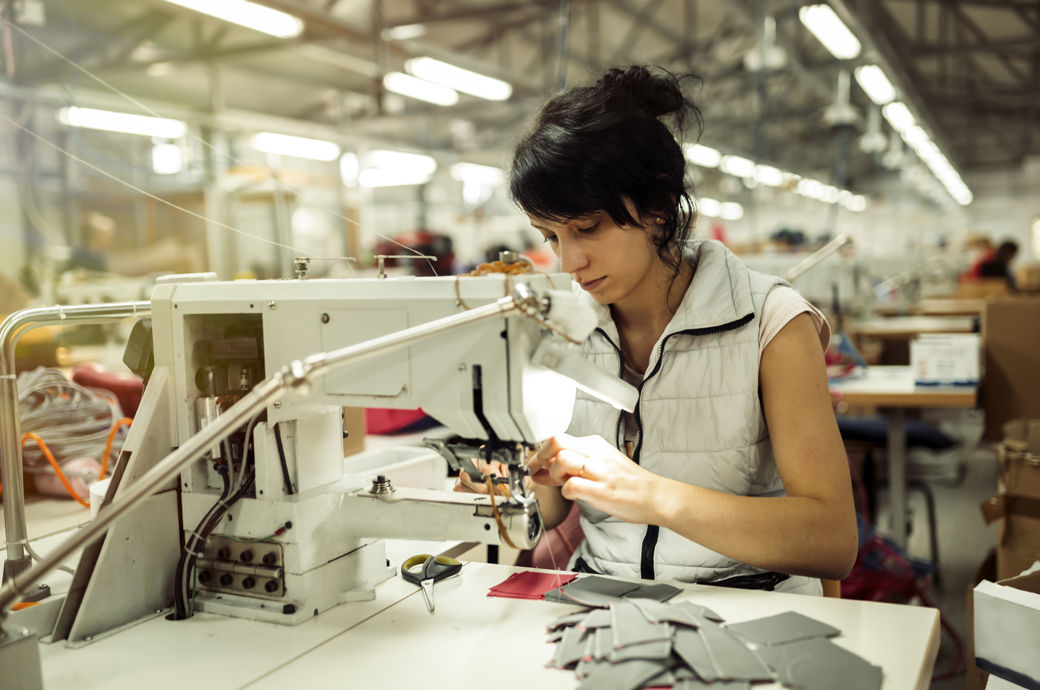
NCTO president and chief executive officer Kim Glas testified before the USITC as part of research the Commission is conducting on the export competitiveness of Bangladesh, Cambodia, India, Indonesia, and Pakistan.
The findings will be included in a report titled ‘Apparel: Export Competitiveness of Certain Foreign Suppliers to the United States’, which the Commission will submit to the office of the US trade representative, NCTO said in a release.
“While the domestic textile industry is a key contributor to the US economy and critical part of the military and public health industrial base, our sector is facing a crisis of historic proportions as the result of rapidly deteriorating market conditions coupled with unchecked foreign predatory trade practices and diminished customs enforcement activities,” Glas said in her testimony.
“Unethical cost reduction practices and predatory trade activities plague global textile and apparel production and markets,” Glas said, pointing to the 2013 Rana Plaza garment complex disaster in Bangladesh in 2013 and the US department of labour’s list of goods produced by child or forced labour released in September last year that listed four of the five countries currently under review.
To reverse the current trajectory of this import surge and stop the damage to the US textile industry, Glas recommended rejecting proposals to expand the Generalised System of Preferences (GSP) product coverage to textiles or apparel; closing the de minimis tariff loophole; dramatically ramping up customs and trade remedy activities; and addressing predatory trade behaviours with effective penalties to deter unfair practices.
Fibre2Fashion News Desk (DS)